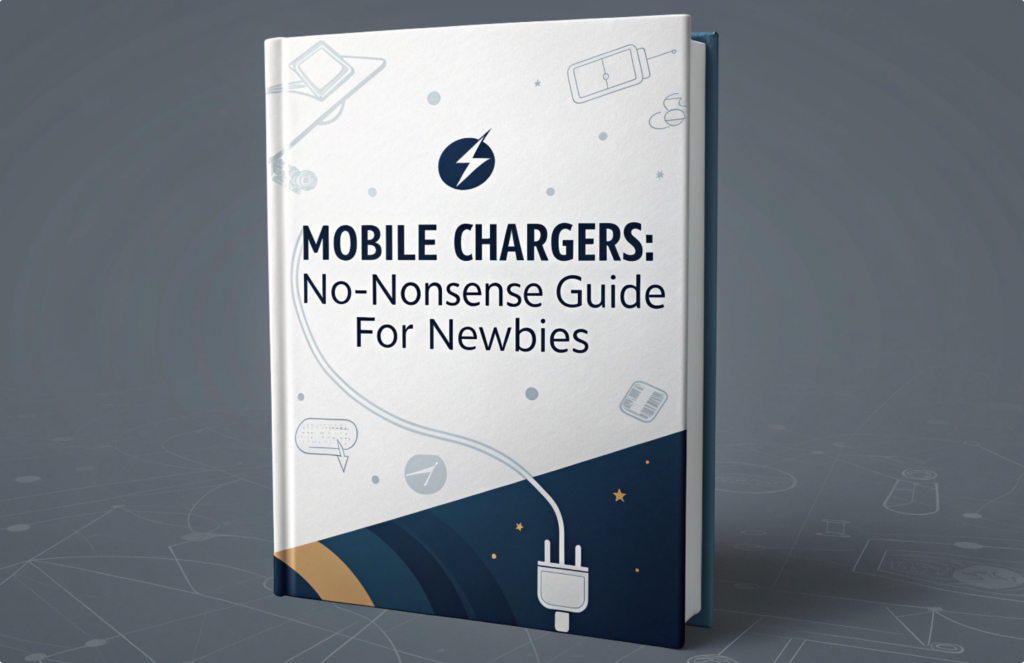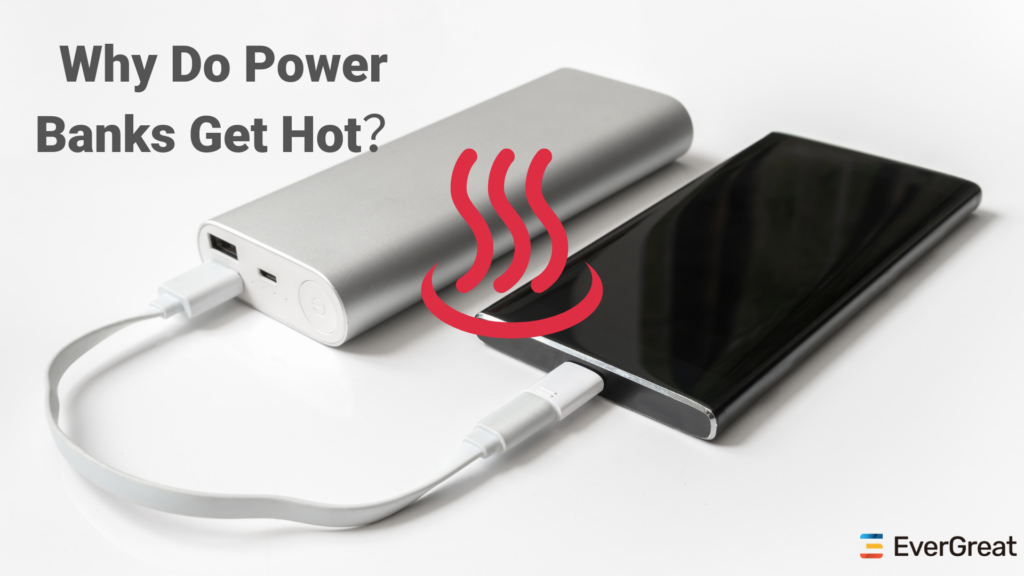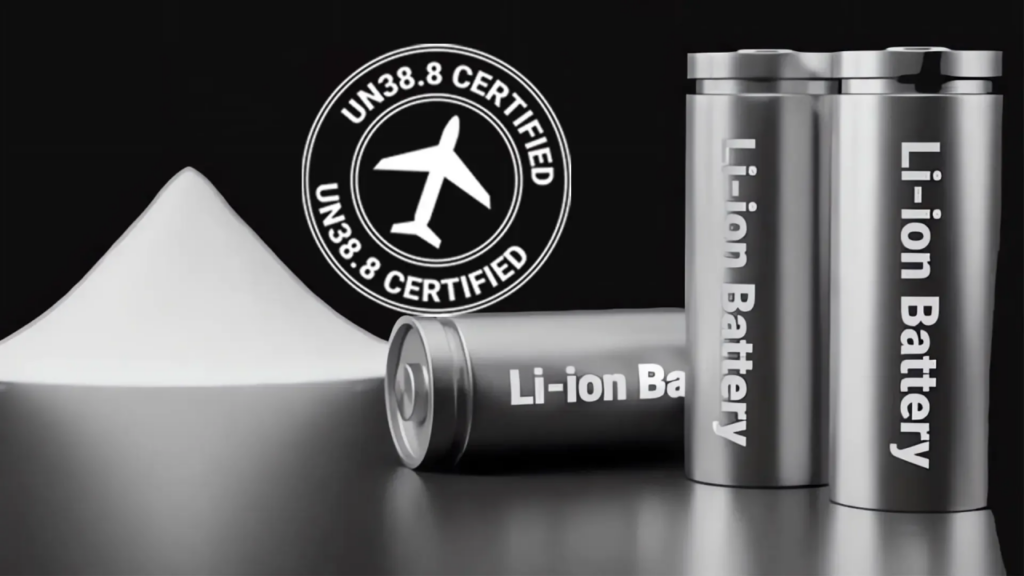Portable power banks have become essential accessories in our increasingly mobile world, powering everything from smartphones and tablets to laptops and other devices. As demand continues to surge across consumer electronics retail, corporate gifting, travel, and more, businesses looking to enter or expand in this market face a critical decision: Should they focus on sourcing private-label power bank solutions, or partner to sell established branded product lines?
Understanding Your Options: Private Label vs. Branded Power Banks
For businesses operating in the dynamic power bank market – whether you’re a retailer, distributor, or a corporation seeking promotional items – understanding the fundamental differences between private label and branded products is key to shaping your procurement strategy and market position.
Private Label Power Banks are manufactured by a supplier (like us) but sold under your company’s brand name. In this model, you, the buyer, control the branding, packaging, and often influence specific product features and capacities to match your target market. The manufacturer acts as your production partner, focusing on reliable production and quality control based on your specifications. These products appear on your shelves or in your catalog under your identity, often positioned as exclusive or value-focused alternatives.
In contrast, Branded Power Banks are products carrying the name and identity of the original manufacturer (like Anker, RAVPower, or our potential own future brand). When you source branded power banks, you are purchasing a ready-to-sell product with an established brand reputation, marketing presence, and often, existing consumer recognition. The brand owner takes responsibility for product development, branding, marketing, and quality assurance. You, as the B2B buyer, leverage that existing brand value when reselling.
Both approaches offer distinct advantages and challenges for the B2B buyer. Understanding these differences is crucial for selecting the model that best aligns with your business goals, target audience, and operational capabilities.
Private Label Power Banks: Your Brand, Your Control
Private label power banks offer businesses a powerful way to build their own brand presence and gain greater control over their product offering. Instead of simply reselling someone else’s brand, you create a product line that is uniquely yours.
Choosing private label allows you to tailor power banks to your specific market needs. You can specify desired capacities (e.g., compact 5,000mAh for daily carry, large 20,000mAh for travel), charging speeds (e.g., standard, fast charging, USB PD), port configurations (e.g., USB-A, USB-C, wireless charging), colors, finishes, and packaging designs that reflect your brand identity and appeal directly to your customer base. This level of customization is particularly valuable for retailers developing house brands or corporations creating branded merchandise.
A primary advantage is the potential for stronger profit margins. By sourcing directly from a manufacturer and cutting out the brand’s marketing and distribution overheads, businesses can often achieve a lower per-unit cost. This allows for competitive pricing while potentially retaining a larger margin compared to selling established brands. Furthermore, building your own private label fosters customer loyalty specifically to your brand, rather than the underlying product manufacturer.
However, this strategy also comes with significant responsibilities. You are solely responsible for marketing and selling the product under your name. This requires investment in branding, advertising, and channel development. You also bear the direct responsibility for product quality as perceived by the end consumer – issues with a private label product reflect directly on your brand reputation. You need to ensure your manufacturing partner maintains high standards. Additionally, private label typically involves higher Minimum Order Quantities (MOQs) compared to buying small batches of branded goods.
Despite these challenges, private label is a compelling option for businesses looking to create a distinct market identity, gain control over product specifications, and potentially improve profitability by building equity in their own brand.
Branded Power Banks: Leveraging Reputation and Reach
For many B2B buyers, partnering with established power bank brands offers a direct and often faster route to market. When you stock and sell branded power banks, you benefit from the manufacturer’s investment in product development, quality assurance, certifications, and crucially, brand marketing and consumer trust.
The most significant advantage of selling branded power banks is leveraging their existing reputation. Consumers often recognize and trust well-known electronics brands. This trust translates into easier sales, reduced marketing effort on your part (as the brand does the heavy lifting), and potentially faster inventory turnover. Brands often have strong track records for quality, safety certifications (like CE, RoHS, FCC, UL), and performance, which provides confidence for both you and your customers. They also typically handle warranty and support issues, simplifying your after-sales process.
Branded partnerships are often ideal for electronics retailers, online stores, and general distributors who want to offer a diverse range of trusted products without investing in their own product development and branding infrastructure. MOQs for branded products can sometimes be lower than private label, making it easier to start or test new products.
However, selling branded power banks means you have less control over the product itself. You sell what the brand offers, with limited or no ability to customize features or packaging (beyond potentially bundling). The per-unit cost is typically higher, as it includes the brand’s premium. You are also tied to the brand’s pricing strategies and market positioning, and your margins are generally dictated by wholesale pricing structures. Competition can be high as many other retailers might sell the same popular brands.
Despite the lower margin potential and lack of customization compared to private label, selling branded power banks offers the significant benefit of immediate market recognition, trusted quality, and reduced complexity in product development and marketing for the B2B buyer.
A Hybrid Approach: Portfolio Diversification
Many successful businesses in the power bank market don’t choose either private label or branded – they strategically combine both. This hybrid approach allows B2B buyers to maximize the benefits of each model, creating a more robust and diverse product portfolio.
By stocking both branded and private label power banks, you can cater to a wider spectrum of customers. Branded options can serve customers who prioritize known names and perceived quality, while private label products can appeal to price-sensitive buyers or those looking for unique configurations or your exclusive store brand. This dual strategy can increase overall sales and market reach.
Implementing a hybrid model allows you to leverage the steady demand and recognition of established brands while simultaneously building equity and potentially higher margins with your own private label line. It provides operational flexibility: you can rely on consistent supply of branded goods while investing gradually in the development and marketing of your private label products.
This approach requires careful management – balancing inventory, marketing efforts, and sales strategies for both types of products. However, it positions your business as a comprehensive provider in the power bank space, offering choices that meet various customer needs and price points. It’s a strategy that balances the stability of selling known quantities with the growth potential of building your own identity.
Beyond Capacity: Niche Markets, Customization, and Value-Added Features
The power bank market is constantly evolving beyond basic capacity and ports. B2B buyers, whether pursuing private label or branded strategies (or both), must look towards niche segments, customization, and value-added features to stay competitive.
Modern consumers seek power banks tailored to specific needs: ultra-fast charging for laptops (USB PD), multi-device charging capabilities, built-in cables for convenience, wireless charging pads, rugged designs for outdoor use, or slim profiles for portability. Niche markets are growing, such as power banks for specific camera equipment, medical devices, or even jump-starters for vehicles integrated into power banks.
Customization is increasingly important, particularly for private label or corporate gifting. This includes unique colors, textures, display screens showing exact battery percentage, or specific packaging tailored for retail display or gift boxes. For corporate clients, the ability to add custom logos and messaging is paramount.
Beyond functionality, features like sustainability (using recycled materials, sustainable packaging), advanced safety protections (preventing overcharge, over-discharge, short-circuit, overheating), and compliance with global certifications (CE, FCC, UL) are becoming standard requirements, not just options.
For B2B buyers, partnering with a supplier who understands these trends and has the manufacturing capability and expertise to implement them is crucial. Whether you need a standard high-capacity model or a highly customized, certified private label product, or access to the latest innovative branded products, your supplier’s ability to deliver on these fronts determines your success in meeting evolving market demands.
Key Considerations for B2B Power Bank Buyers
Navigating the options of private label and branded power banks requires strategic thinking. Here are key takeaways for B2B buyers:
- Understand Your Market & Customer: Who are you selling to? Are they price-sensitive, brand-loyal, or seeking specific features? This will heavily influence whether private label, branded, or a hybrid approach is best.
- Assess Your Resources: Do you have the marketing and design capabilities to build and promote your own private label brand? Or is it more efficient to leverage an existing brand’s marketing?
- Evaluate Investment & MOQs: Private label usually requires higher upfront investment and larger minimum orders. Can your business handle this inventory and cash flow? Branded products might have lower entry points.
- Prioritize Quality and Safety: Regardless of the model, the quality and safety of power banks are non-negotiable. For private label, thorough vetting of the manufacturer is critical. For branded, check their reputation and certifications.
- Supplier Relationship is Key: Your success heavily relies on your supplier. For private label, they are your manufacturing engine. For branded, they are your source and support channel. Choose a reliable partner with proven quality control and timely delivery.
- Stay Ahead of Trends: Fast charging, wireless charging, USB-C PD, capacity trends, safety features, and sustainability are constantly evolving. Ensure your product portfolio remains relevant.
- Balance Control vs. Convenience: Private label offers maximum control over the product but demands more effort. Branded offers convenience and leverages existing trust but with less flexibility.
Ultimately, the most successful B2B power bank businesses will be those that carefully assess their own capabilities and market position, choose the procurement strategy (private label, branded, or hybrid) that best fits, and partner with reliable suppliers who can deliver high-quality, compliant products that meet current and future market demands.
Ready to Power Your Business Growth?
The power bank market is dynamic and full of opportunity for B2B buyers who make informed choices. Whether you aim to build your own brand identity with private label, leverage the strength of established brands, or create a diversified portfolio with a hybrid approach, strategic sourcing is paramount.
Partnering with a knowledgeable and capable supplier who understands the nuances of manufacturing, quality control, safety standards, and market trends is essential. We have deep expertise in the production and supply of power banks across various specifications and models.
Let us help you navigate the options and find the perfect power bank solutions – whether branded or private label – to meet your business needs and delight your customers.
Contact us today to discuss how we can become your trusted power bank partner.









